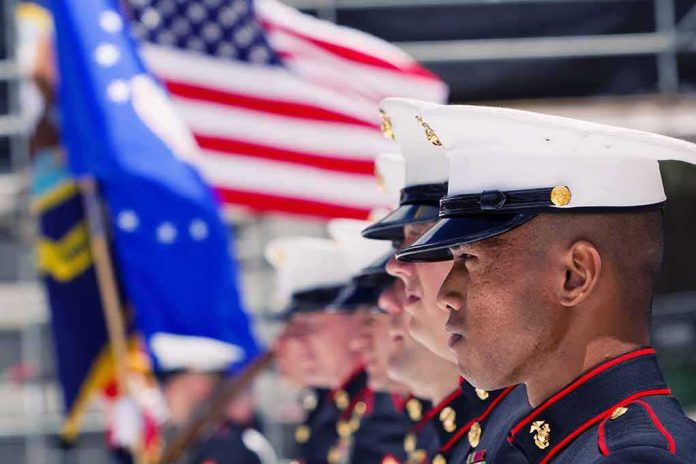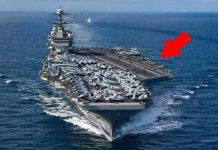
Armed gang violence outside the U.S. embassy in Haiti forced Marines into a shootout, exposing the dangerous consequences of failed leftist global policies and the urgent need for real border security and decisive leadership.
Story Snapshot
- U.S. Marines exchanged gunfire with suspected Haitian gang members outside the embassy in Port-au-Prince; no American casualties reported.
- Incident highlights the collapse of local security and unchecked gang power after years of ineffective international interventions.
- Embassy security is increasingly militarized as law enforcement in Haiti falters, raising risks for American personnel abroad.
- Experts warn that continued instability may draw deeper U.S. military engagement and threaten diplomatic operations.
Escalating Threats to U.S. Personnel and Interests in Haiti
On November 13, 2025, Marines assigned to protect the U.S. embassy in Port-au-Prince faced gunfire from suspected gang members. The Marines returned fire, successfully defending American personnel without injury, but the attack underscores a dramatic escalation in the threat to U.S. diplomatic missions.
With gangs now controlling up to 90% of the capital, American staff operate under siege-like conditions, a direct result of years of neglect, weak governance, and failed globalist interventions. The incident has left embassy operations on high alert, and the long-term risk to U.S. interests remains severe.
Collapse of Local Security and Rise of Armed Gangs
Haiti’s chronic instability has deepened since the 2010 earthquake and the 2021 assassination of President Jovenel Moïse, which triggered a power vacuum and the breakdown of effective governance.
In the absence of functioning institutions, heavily armed gangs have expanded their control, dominating much of Port-au-Prince and rendering local police largely powerless.
The U.S. embassy has responded by repeatedly deploying Marine anti-terrorism teams, but these measures have not reversed the collapse of local order. Frequent kidnappings, extortion, and violent clashes now define daily life, leaving diplomats, aid workers, and civilians at constant risk.
International Response Stalls Amid Intensifying Violence
Recognizing Haiti’s deteriorating security, the United Nations authorized a multinational force in September 2024, intended to suppress gang activity and restore order. However, deployment delays and logistical struggles—most notably with the Kenyan police contingent—have left the initiative faltering.
Marines continue to operate with limited engagement rules, focused on defense rather than offense, even as foreign missions and aid operations remain exposed. The U.S. State Department maintains its highest-level travel advisory, and embassy staff continue their work under significant threat, with little help from local law enforcement or international partners.
Implications for U.S. Policy and Security Abroad
The shootout in Port-au-Prince is more than a single violent episode—it signals a broader failure of past policies that prioritized globalist agendas over robust border security and national interests.
With over 1.3 million Haitians already displaced and diplomatic operations disrupted, American families and workers abroad face rising dangers. Security analysts warn that unchecked gang empowerment may force expanded U.S. military involvement, while scholars caution that foreign intervention in Haiti is fraught with risk and historical precedent of failure.
The Trump administration’s renewed focus on strong borders and decisive action stands in stark contrast to the ineffective approaches that allowed this crisis to grow.
Expert Perspectives and Constitutional Concerns
Military experts have highlighted the professionalism and restraint of Marines during the incident, but emphasize the risks of escalation as gangs grow bolder. Security analysts point to the limitations of local law enforcement and the unprecedented scale of gang control.
The situation raises constitutional concerns for Americans, as government overreach and failed interventionist strategies threaten the safety and sovereignty of U.S. personnel. Protecting American lives and values abroad requires a commitment to strong national defense, secure borders, and policies that reject the failed globalist experiments of previous administrations.
Sources:
Marines in Shootout with Suspected Gang Members Outside U.S. Embassy in Haiti
Suspected Gang Members Exchange Fire with US Marines in Haiti











